The tax inspectorate regularly conducts audits of taxpayers whose main purpose is to identify citizens or companies that, by any actions, violate the requirements of the law. In order to hold perpetrators accountable, it is important to have evidence of the guilt of firms or individuals. Therefore, tax officials often call the tax as witnesses of various individuals. Citizens can refuse to visit the branch of the Federal Tax Service only if there are good reasons. In other cases, they must come to this institution to communicate with a representative of the organization.
Who can they call?
Under article 90 of the Tax Code, employees of the Federal Tax Service may bring any person as a witness to testify. He may be a Russian citizen or a foreigner. Additionally, people who do not have any citizenship are often involved in testifying.
The main objective of this process is to obtain any confidential data on the activities of a taxpayer submitted by a private person or organization.
Usually summoned to the tax as witnesses of citizens during tax audits. It is assumed that the called person may have any information about the violators. Therefore, usually the reason for the call lies in the study of the circumstances of any tax offense.

Who should not be called?
The Inspectorate of the Federal Tax Service may investigate various tax violations, for which testimonies of various persons are used. But at the same time, there are some categories of citizens who cannot be called to the department of the Federal Tax Service. These include:
- people who cannot visit this institution due to poor health;
- citizens with any psychological problems;
- minors
- people who received information as a result of the performance of their labor duties, therefore this information is a commercial secret on the basis of the conditions of the law, and such persons include lawyers, notaries or auditors.
In some situations, even people with disabilities can testify. Sometimes even lawyers testify if the transaction was completed in person and not as part of a professional activity.
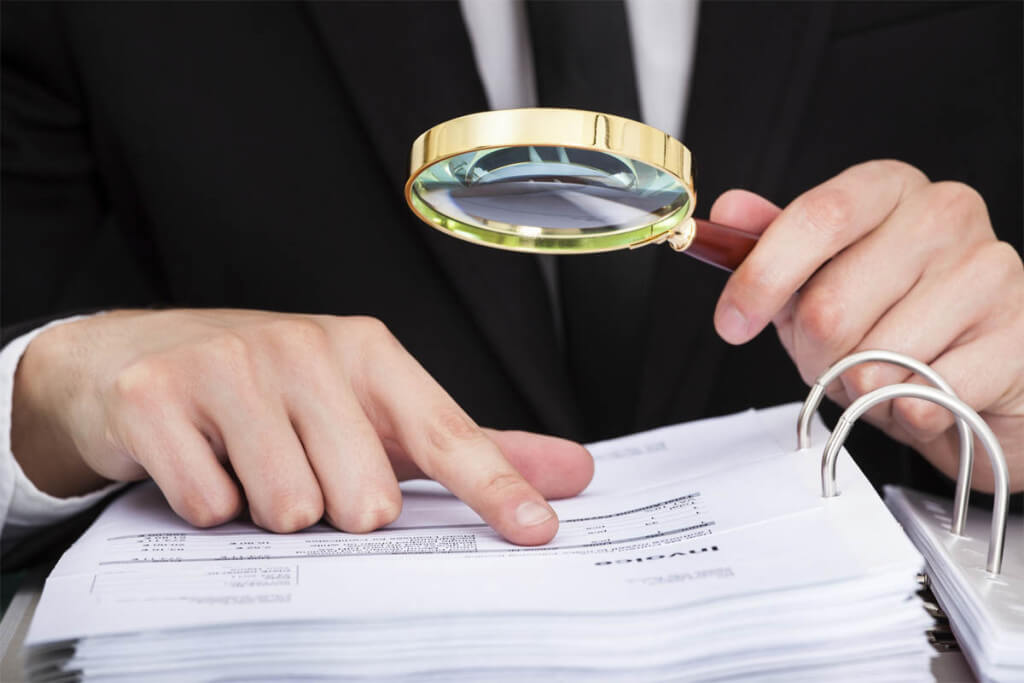
What rights do citizens have?
If a person is summoned to the tax office as a witness, then you should not worry, since each citizen has certain rights to make communication with representatives of the Federal Tax Service safe and comfortable. These include the following:
- a citizen may not testify against himself or his relatives;
- preliminary, a person is warned by employees of the Federal Tax Service about responsibility for providing false information;
- a citizen may not answer certain questions if they affect his personal life.
It is not allowed to ignore the official call, as otherwise a citizen may be held accountable. Based on Art. 128 Tax Code for such a violation will have to pay a fine of 1 thousand rubles. If a person misleads the employees of the Federal Tax Service, he will have to pay a fine of 3 thousand rubles.
Most often, citizens are interested in the question of why the tax is calling as a witness a particular person. The immediate basis for this process is stated in the legal notice.
Why are they called to the tax
The most common reason for this situation is the need for employees of the Federal Tax Service to receive any important information related to the work of a particular institution.
Typically, witnesses are employees of various organizations who are suspected of committing serious tax crimes.
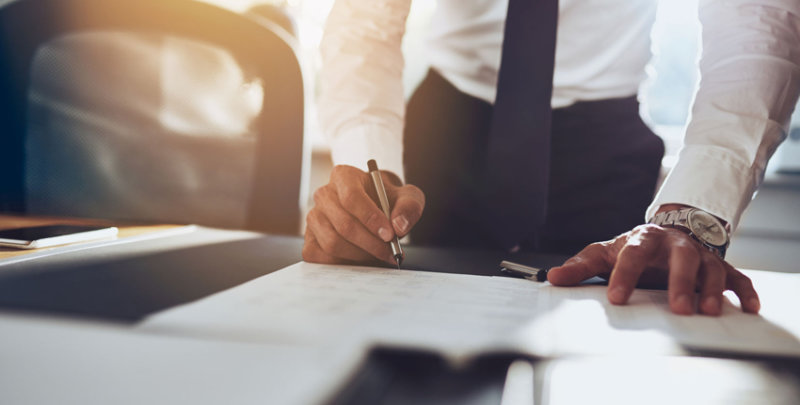
How is the interrogation going?
The Inspectorate of the Federal Tax Service may call for questioning absolutely any person, if there is evidence that he may have any information about a specific offender. The interrogation rules include the following:
- all testimonies of citizens are certainly included in a special protocol, the form of which is established by the Order of the Federal Tax Service;
- any witness may require a protocol for examination to ensure the accuracy of the information entered;
- if the protocol contains data that does not correspond to reality, then the citizen may demand their deletion;
- absolutely all questions asked to the witness should be recorded in the minutes;
- Additionally, the procedure should be recorded on the video;
- the witness may request a copy of the minutes drawn up.
Most often, if a citizen is called to the tax office as a witness, you have to come directly to the department of the Federal Tax Service to testify. But not always people have the opportunity to visit this institution because of their health status or old age. Under these conditions, the inspector independently comes to the witness’s home, where he takes evidence from him. But first, permission to visit the premises from all tenants must be obtained.
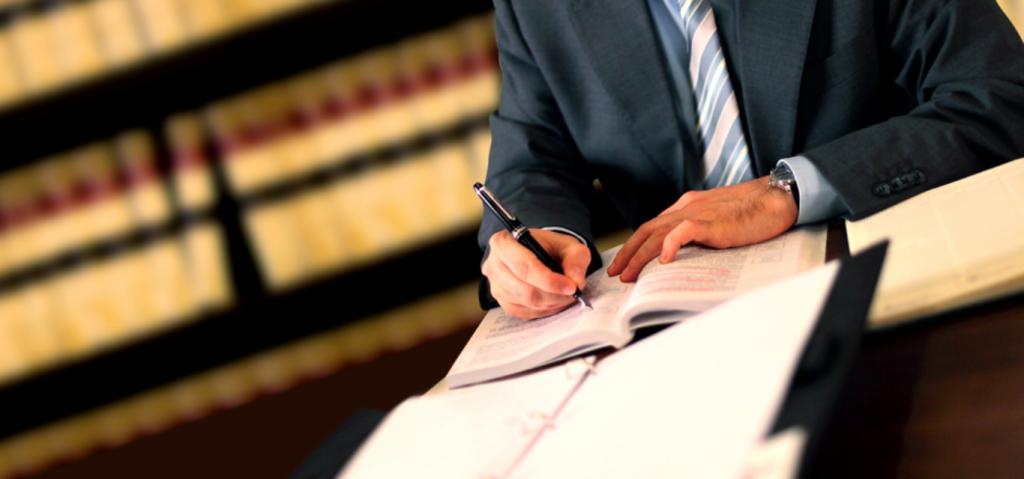
What questions are asked?
If a person was summoned to the tax office for questioning, then often he begins to worry and panic. Do not be nervous if a citizen is confident in his innocence. There is no need to testify against yourself or your family members.
The most popular questions asked by the tax inspector are the following:
- why and when was the company selected one or another counterparty;
- on what terms did the firms cooperate;
- where did the organization get information about a potential partner;
- who signed these or those contracts and forms;
- what goods were supplied by suppliers;
- what services were actually provided under a particular agreement;
- how the goods were transported and in what conditions.
Representatives of the Federal Tax Service have no right to ask any personal questions. Citizens must answer all questions briefly and accurately. If they do not know the answers, then it is necessary to report this to the tax inspectors.
Protocol study
Often employees of different companies are faced with the fact that they are summoned to the tax office as a witness. What to do in such a situation? It is imperative to come to the service department at the indicated time to answer all the questions posed. The testimony of a witness must be entered in a special protocol. A citizen has the right to study the contents of this document.
The protocol is formed immediately at the end of the interrogation. A person may ask to study this documentation even if there is a limited time. It is important to verify that all the information transmitted to the employees of the Federal Tax Service was correctly reflected in the protocol. If the information contained in this document is incorrect or ambiguous, it is imperative that the necessary changes be requested.
It is desirable to photograph the documentation, and also the employee of the Federal Tax Service should give the witness a copy of the protocol.
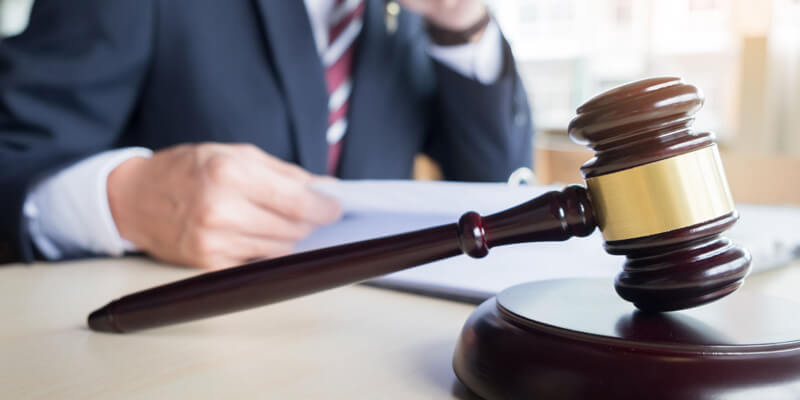
The consequences of refusing to visit the Federal Tax Service
If a person was summoned to the tax subpoena as a witness, then you can refuse only if there are really good reasons. If a person simply did not want to testify, then this is a serious violation on his part. For such actions will have to pay a fine of 1 thousand rubles.
Representatives of the FTS can easily determine whether a witness provides reliable data. If a person intentionally misleads inspectors, and also gives them knowingly false information, then this threatens with a fine of 3 thousand rubles.
For tax witnesses, different measures of influence are not provided for under administrative or criminal liability.
Should I have a lawyer?
If a person fears that pressure will be exerted on him by the employees of the Federal Tax Service, then he can enlist the support of an experienced lawyer. Additionally, he can take the help of an official representative who has a notarized power of attorney, but the trustee can only perform standard actions, represented by filling in various documents. He cannot testify for a direct witness.
Only experienced lawyers who are well versed in the provisions of the Tax Code should be selected as assistants. On the basis of Article 90 of the Tax Code, it is not permitted that a representative of the company being audited be present during interrogation.

Can a fine be applied if the person has not actually received the summons?
In order to hold a citizen liable for the fact that he did not come to the FTS department within the prescribed period, representatives of the tax service must have evidence that the person really received an official notice.
If the tax authorities cannot prove that the citizen will receive the summons, then they will not be able to hold him accountable. Therefore, most often the document is sent by registered letter with a receipt of delivery.
In judicial practice, there are cases when, according to a court decision, a fine was collected from a citizen for not coming to the Federal Tax Service, although tax officials could not prove that the person received the summons. For example, this is possible if he does not live at the place of registration.
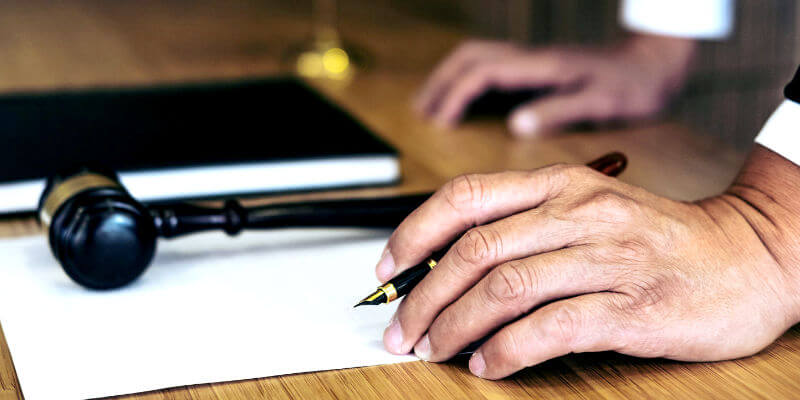
Good reasons for not showing up
A person may not come to the department of the Federal Tax Service to testify if he has good reason for this. They are as follows:
- the notification does not contain information about which tax control measure is carried out by the service employees;
- the official who has put his signature on the notice is not included in the tax control group;
- a citizen is summoned to the branch of the Federal Tax Service, located not at his place of residence;
- the summons does not contain information on what case the person will testify, and the number of this case is not given;
- a person for work or personal matters is in another region;
- the citizen does not have information to clarify certain circumstances;
- the witness had previously given similar statements;
- the summons is not drawn up in the approved form.
Under the above conditions, any person has the full right to refuse to visit the tax service and testify.
During direct interrogation, people may refuse to answer only questions that could harm them or their relatives. In other cases, such a refusal will be unlawful. Therefore, under such conditions, inspectors can sue the offender.
Conclusion
Anyone can be called to the tax office to testify. Questions are asked related to the work of organizations suspected of committing any tax offenses. A person can refuse to visit the branch of the Federal Tax Service only if there are good reasons.
During the interrogation, a protocol is certainly drawn up, which should be examined by the witness in order to verify the reliability of the information entered. A citizen may refuse to testify against himself or his relatives.
